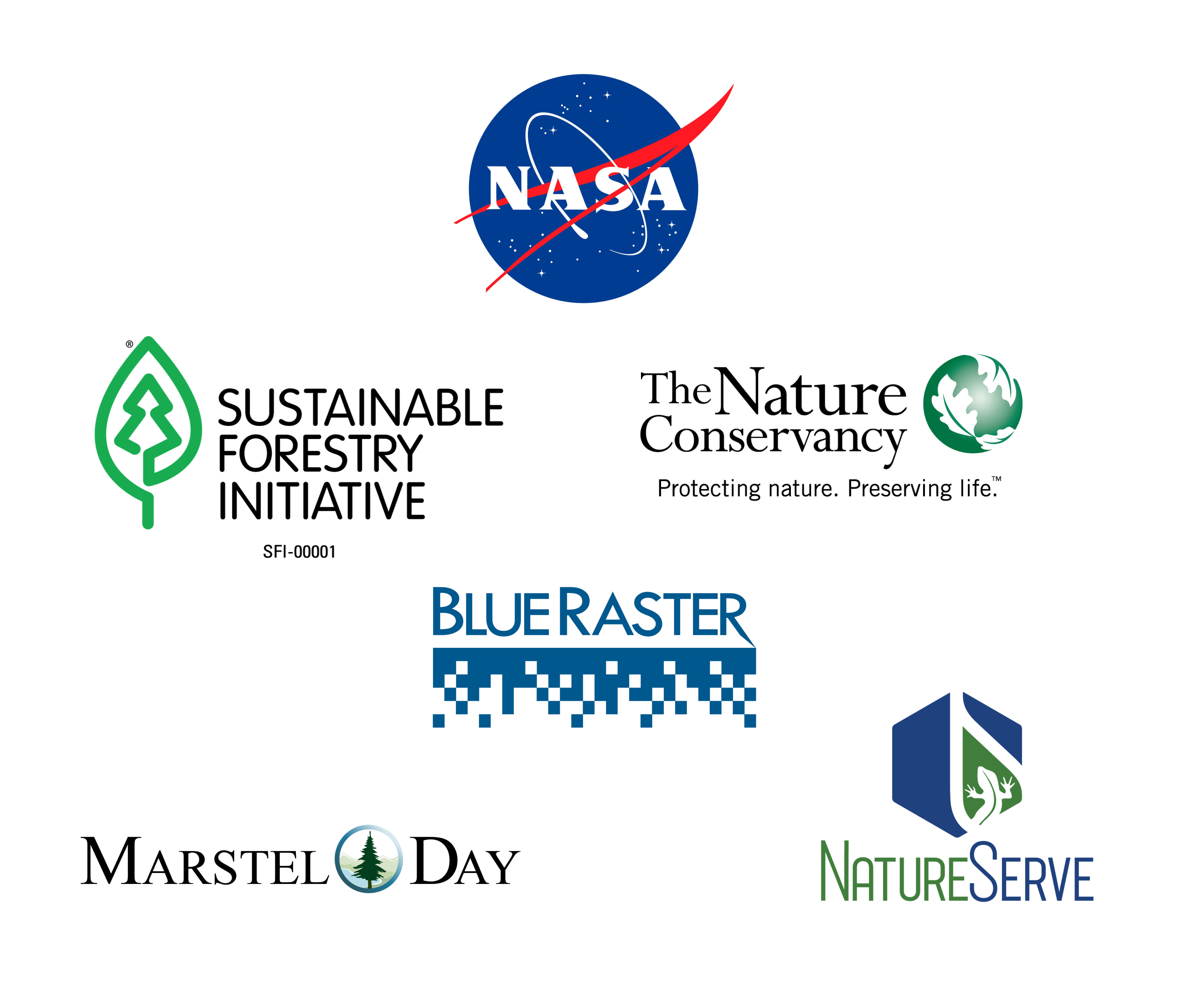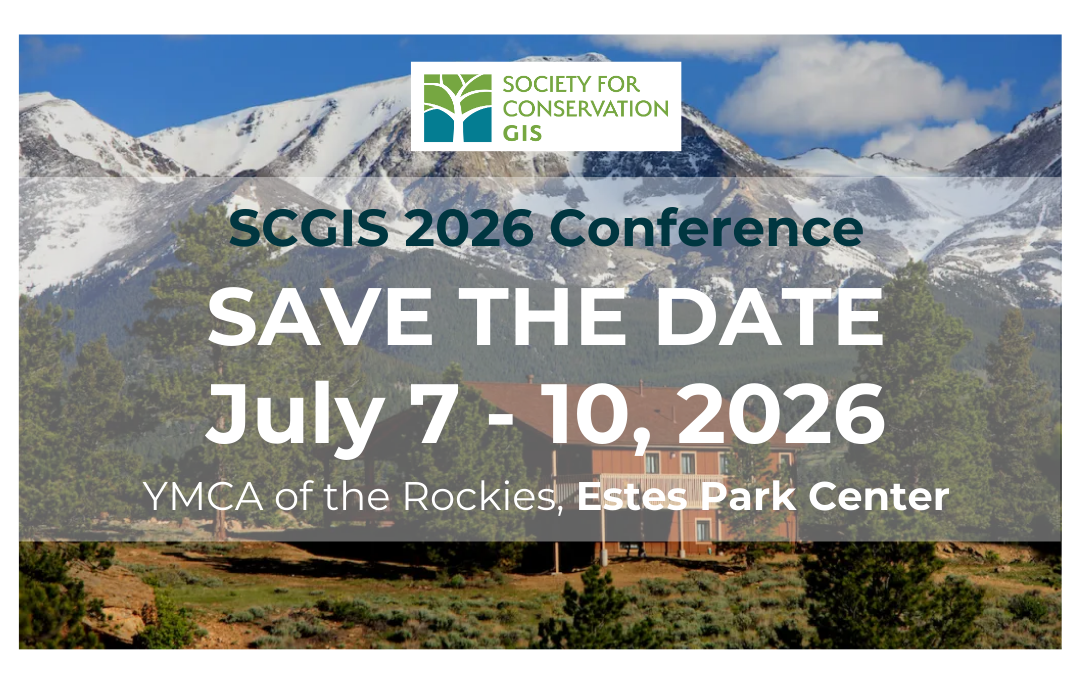SCGIS 2026 Annual International ConferenceWhen: July 7 - 10th, 2026Where: YMCA of the Rockies, Estes Park Center, Colorado, USAAbstract & Curated Sessions submission portal is NOW OPEN until Feb. 1, 2026! Click here for more information.Theme and Keynote - Coming Soon!
SCGIS 2025 Annual International ConferenceThe 28th Annual Society for Conservation GIS International Conference was held in-person at the National Conservation Training Center this past summer from June 30 - July 2 at the National Conservation Training Center in Shepherdstown, West Virginia, USA!Thank you to all who were able to attend in-person! Watch our Keynote Speakers presentations now on our Keynote Speakers page! 2025 Theme: Geospatial Technology Innovations for ConservationGeospatial technologies are evolving rapidly. We are challenged to keep up with developments in software platforms and new tools as exciting and creative technologies spring from commercial companies, research institutions and nonprofit conservation organizations. Which geospatial tools and scripting languages will be prominent next year? Ten years from now? How will AI play a role in our work? More importantly, which geospatial tools will we need most to meet the local and global conservation challenges that we face? Our keynote speakers discussed the geospatial tools they have developed. Dr. David Saah is Managing Principal and Co-founder of Spatial Informatics Group, Professor and Director of the Geospatial Analysis Lab at the University of San Francisco, and Chair of the NASA Applied Sciences Advisory Committee. His talk explored cutting-edge advancements in GeoAI, remote sensing, and machine learning that enable scalable, high-resolution environmental monitoring. Allen Carroll was Chief Cartographer at the National Geographic Society before founding Esri StoryMaps where he is Program Manager. His presentation focused on the evolution of mapping and multimedia tools for storytelling.
Purchase your favorite SCGIS merchandise!Looking for fan favorite shirt designs from past conferences? Check out our vintage designs here.
A big thank you to our 2025 Conference Sponsors!
|

